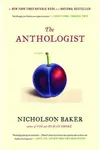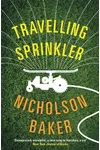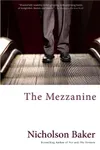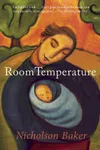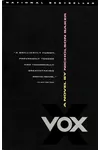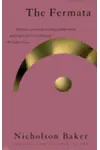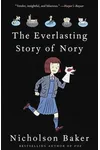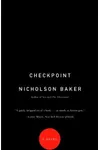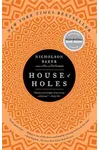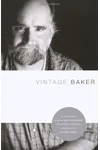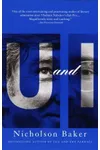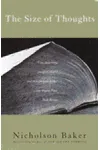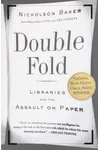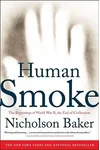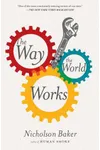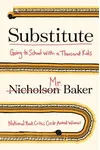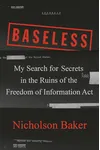Picture an American wordsmith who turns a single escalator ride into a literary adventure—meet Nicholson Baker! Born in 1957, this novelist and essayist weaves intricate tales that zoom in on life’s tiniest details, from shoelaces to phone chats. With a knack for blending humor, introspection, and bold themes, Baker’s work dances between the mundane and the profound, earning him a cult following and critical acclaim.
From his quirky debut to his fiery advocacy for preserving old newspapers, Baker’s career is a testament to his love for the written word. Whether he’s exploring human consciousness or stirring controversy with erotic novels, his unique voice keeps readers hooked. Let’s dive into the world of this literary trailblazer!
The Making of Nicholson Baker
Nicholson Baker was born in New York City and raised in Rochester, New York, where his early passion for music shone through as a skilled bassoonist. He briefly attended the Eastman School of Music before switching to Haverford College, earning a B.A. in English. This pivot from music to literature was driven by his belief that the printed word was a higher art form. After a stint on Wall Street, Baker took a writing course that sparked his career, leading to his debut novel in 1988.
Nicholson Baker’s Unforgettable Stories
Baker’s fiction is a microscope on human consciousness, often unfolding in mere moments. His debut, The Mezzanine (1988), follows an office worker’s thoughts during a lunch-hour escalator ride, packed with footnotes and witty observations. Room Temperature (1990) captures a father’s musings while feeding his baby, blending domesticity with philosophical depth. These minimalist novels showcase Baker’s signature style: meticulous, stream-of-consciousness prose that finds poetry in the everyday.
Not one to shy away from bold themes, Baker ventured into erotic fiction with Vox (1992), a steamy phone-sex dialogue that became a New York Times bestseller. Its notoriety peaked when Monica Lewinsky gifted it to Bill Clinton. The Fermata (1994) pushed boundaries further, exploring time-stopping fantasies. Baker’s non-fiction is equally compelling—Double Fold (2001) critiques libraries’ destruction of paper media, earning him a National Book Critics Circle Award.
His later works, like Human Smoke (2008), challenge historical narratives about World War II, while The Anthologist (2009) charms with its poetic musings. Baker’s versatility—spanning fiction, essays, and activism—sets him apart as a literary chameleon.
Why Nicholson Baker Matters
Baker’s impact lies in his ability to make the ordinary extraordinary. His hyper-detailed prose invites readers to notice life’s overlooked moments, influencing writers who value introspection over plot. His advocacy for preserving newspapers, culminating in the American Newspaper Repository’s donation to Duke University, underscores his commitment to cultural heritage. Awards like the James Madison Freedom of Information Award highlight his influence beyond literature.
Critics may debate his minimalist or provocative works, but Baker’s fearless originality endures. He’s a reminder that stories can be found in the smallest corners of life, inspiring readers to look closer.
About Nicholson Baker
- Born: January 7, 1957, New York City
- Key Works: The Mezzanine, Vox, Double Fold, Human Smoke
- Awards: National Book Critics Circle Award, James Madison Freedom of Information Award
- Fun Fact: He founded the American Newspaper Repository to save historic newspapers!
Ready to explore a world where shoelaces spark epiphanies? Grab The Mezzanine and dive into Nicholson Baker’s brilliant, quirky universe!
